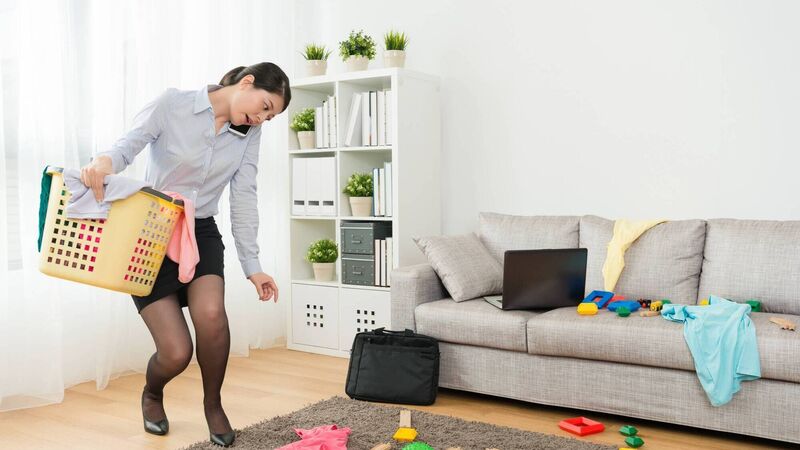Jennifer Horgan: Even The Bible tells us that 'respect your elders' is flawed life advice

Remote working is a lifeline for women with children. File picture
Actor Bill Nighy’s new podcast Ill-Advised is a safe listen in this respect. In his breezy intro, Nighy advises people to “call a cab” if he attempts any kind of profundity.















